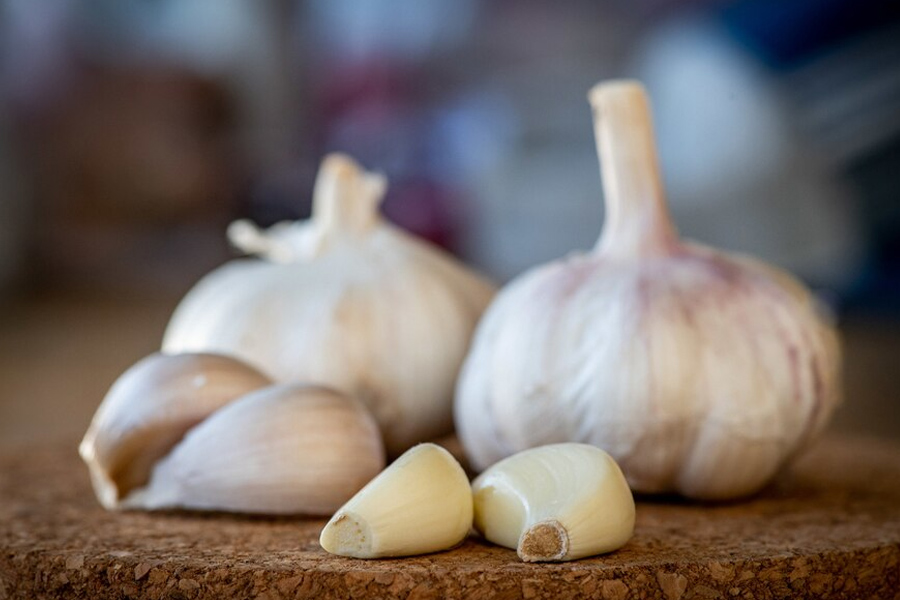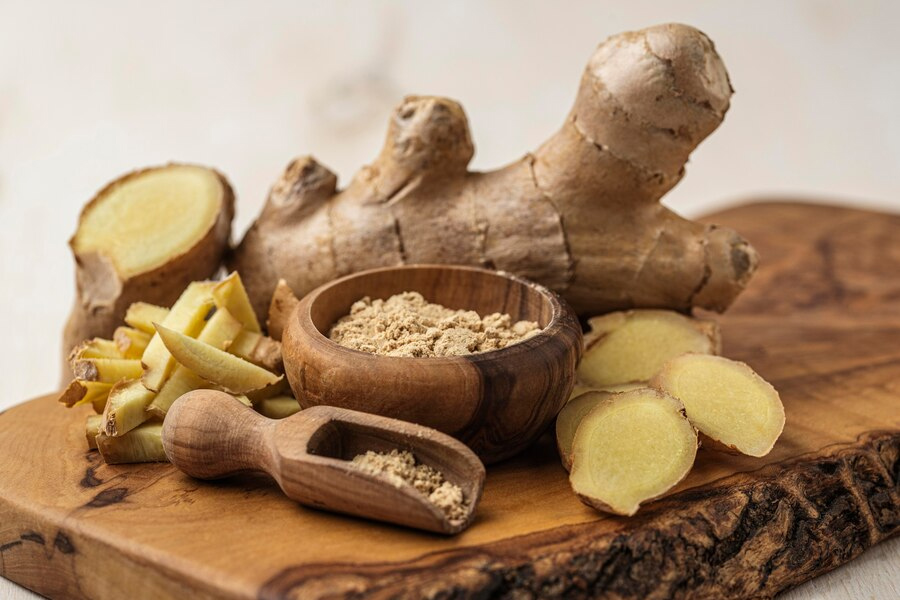
Dealing with digestive issues can be incredibly frustrating, especially when it feels like nothing brings lasting relief. (SIBO) is one such condition that many people struggle with, marked by bloating, abdominal pain, and discomfort. If you're looking for a more natural approach to managing SIBO, this article will explore some effective herbal remedies that might just help restore balance to your digestive system.
Table of Content:-
What is SIBO?

According to StatPearls, SIBO occurs when an abnormal number of bacteria from the colon move into the small intestine. This overgrowth can lead to various digestive symptoms, including abdominal pain, bloating, diarrhoea, and, in rare cases, malabsorption. If left untreated, SIBO can lead to nutrient deficiencies, weight loss, and even chronic digestive disorders.
Effective Herbal Remedies for SIBO
Oregano Oil

Oregano oil is one of the most commonly used herbs for digestive issues, including SIBO. The active compound in oregano oil, carvacrol, has been shown to possess potent antibacterial properties, making it effective in reducing harmful bacteria in the small intestine.
According to a 2022 study, oregano essential oil helped improve growth, strengthen the mucosal barrier, influence tryptophan metabolism, and enhance the intestinal microbiota in sheep. For SIBO, oregano oil may help reduce bacterial overgrowth, relieve bloating, and improve overall digestion.
Also Read: Nature's Defence: Expert Lists Natural Antibiotics For Battling Bacterial Infections
Berberine
Berberine, a natural compound found in plants, such as goldenseal and Chinese goldthread, helps balance gut bacteria and improve digestion. Not only this, berberine can reduce the growth of harmful bacteria, easing symptoms like bloating and discomfort. It may also help regulate blood sugar and support overall digestive health. You should, however, consult a healthcare professional before using it.
Garlic

Garlic is known for its ability to fight infections and support gut health. garlic contains a sulphur compound called allicin, responsible for its antimicrobial effects. According to a 2015 research, the active compound in garlic, allicin, is effective against intestinal pathogens and plays a key role in the herbal treatment of methane-positive SIBO. Adding fresh garlic to your diet or using garlic supplements may help reduce bacterial overgrowth. It can also stimulate the production of digestive enzymes, supporting overall gut health.
Peppermint
Peppermint is a herb commonly used to ease digestive issues like bloating, cramping, and indigestion. The menthol in peppermint oil helps relax muscles, reducing spasms and discomfort often caused by SIBO. It can also help relieve bloating by promoting the movement of gas through the digestive system. Peppermint tea or enteric-coated peppermint oil capsules are often used to manage SIBO symptoms, as the coated capsules release the oil directly into the small intestine for maximum benefit. However, peppermint oil should be used carefully, as it may cause heartburn or irritation in some people.
Also Read: Can Papaya Seeds Eliminate Intestinal Parasites? Ayurvedic Doctor Answers
Ginger

Ginger is well-known for its ability to support digestive health and alleviate nausea, bloating, and discomfort. It contains compounds like gingerol, which have anti-inflammatory and antimicrobial effects. Ginger can help stimulate digestion, promote gastric motility, and reduce inflammation in the gut, making it a useful herb for those with SIBO. According to a 2023 study, ginger was found to increase the number of beneficial gastrointestinal bacteria while reducing the presence of potentially harmful bacteria in mice and rats.
Fennel Seed
Fennel seeds contain compounds that can relax the muscles in the gastrointestinal tract, helping to relieve gas and bloating. Fennel also supports the production of digestive enzymes, which can improve nutrient absorption and overall gut health.
Fennel tea is a gentle and soothing way to support digestion and relieve SIBO-related symptoms. Fennel can also be taken in supplement form, but it’s essential to check with a healthcare provider before starting any new herb or supplement.
[Disclaimer: This article contains information for informational purposes only. Hence, we advise you to consult your professional if you are dealing with any health issues to avoid complications.]
Also watch this video
How we keep this article up to date:
We work with experts and keep a close eye on the latest in health and wellness. Whenever there is a new research or helpful information, we update our articles with accurate and useful advice.
Current Version
